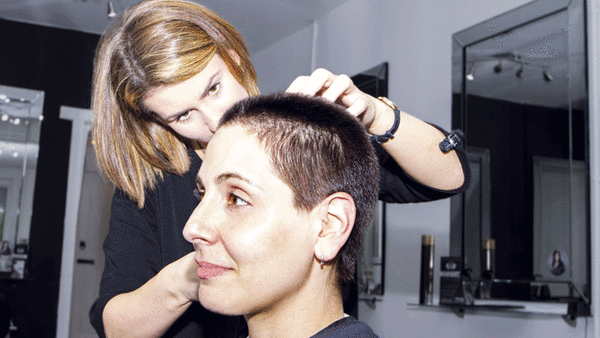

Grey hair has long been considered a symbol of wisdom, experience, and maturity. Yet for many people, the appearance of grey hair can be a source of anxiety, prompting them to seek out various remedies and treatments to mask the natural signs of aging. While some may view grey hair as a nuisance, others see it as a badge of honour, a sign of a life well-lived. As society’s attitudes towards aging continue to evolve, the debate surrounding grey hair and its place in our lives rages on. Is grey hair something to be celebrated or something to be hidden away? In this article, we’ll explore the science behind grey hair, examine the cultural and social implications of its appearance, and consider what the future might hold for those of us sporting a head of silver.
Our hair turns gray when melanin-producing stem cells stop functioning properly. A new study in mice, but with implications for people, provides a clearer picture of the cellular glitches that turn hair gray. It was published last week in the journal Nature.
Unlike embryonic stem cells, which develop into all sorts of different organs, adult stem cells have a more set path. The melanocyte stem cells in our hair follicles are responsible for producing and maintaining the pigment in our hair.
Each hair follicle keeps immature melanocyte stem cells in storage. When needed, those cells travel from one part of the follicle to another, where proteins spur them to mature into pigment-producing cells, giving hair its hue.
The researchers tracked individual cells in mouse fur and found that the stem cells travelled back and forth within the hair follicle, transitioning into and out of their pigment-producing state. But eventually the stem cells stopped making their journey, and thus, stopped receiving protein signals to make pigment. From then on, the new hair growth didn’t get its dose of melanin.
While the study was conducted with rodents, the researchers say their findings should be relevant to how human hair gets and loses its colour.
— KATE GOLEMBIEWSKI /NYT
Oman Observer is now on the WhatsApp channel. Click here


